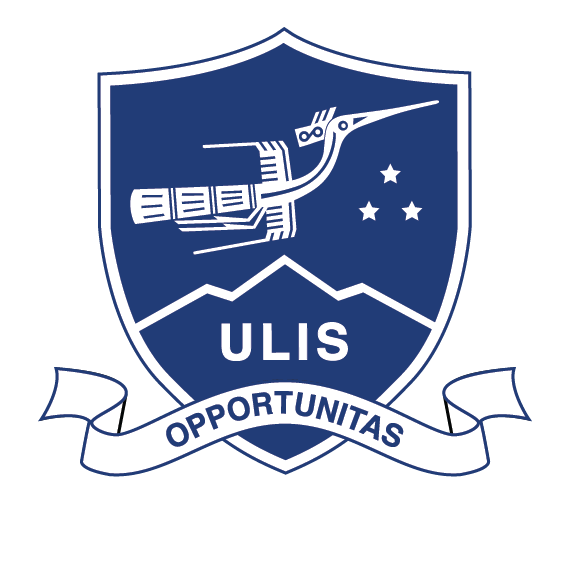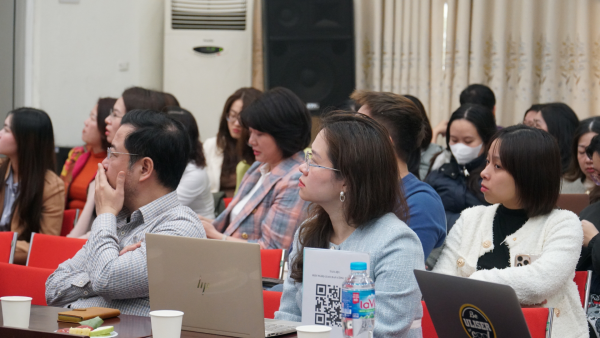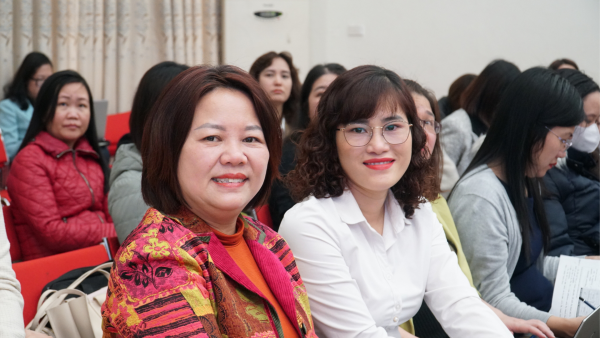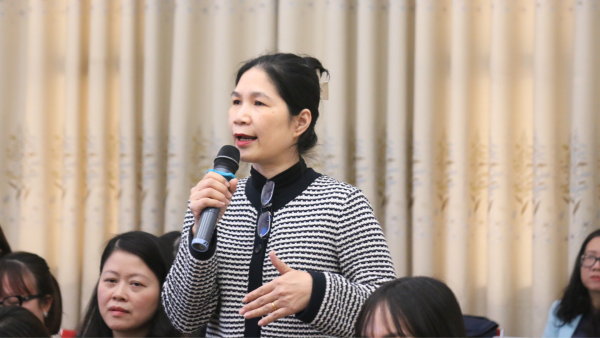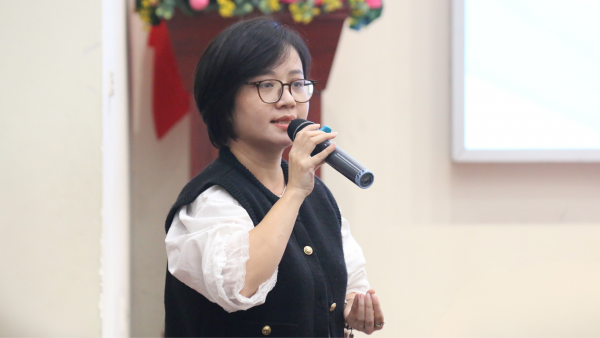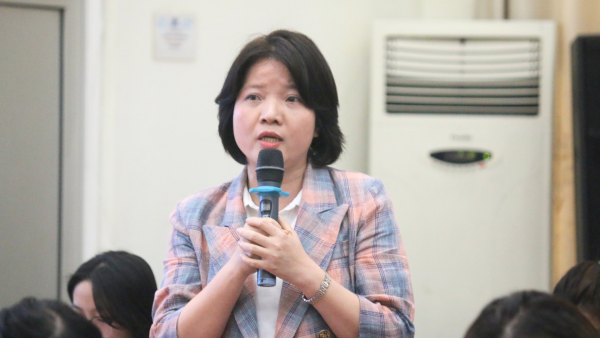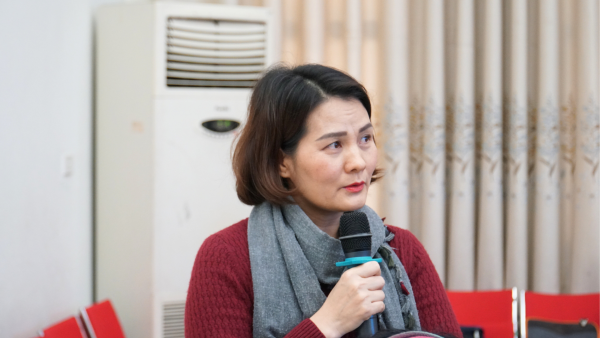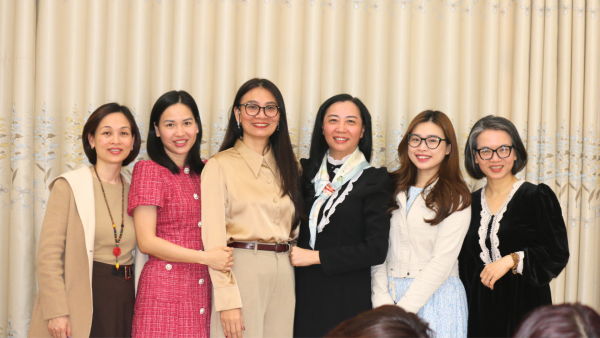Conference on Academic Affairs for the 2024-2025 Academic Year
On April 2, 2025, the University of Languages and International Studies – Vietnam National University, Hanoi held a conference on academic affairs for students in the second semester of the 2024-2025 academic year. The theme of the conference was “Accompanying Students to Reduce Dropout and Absenteeism and to Increase On-Time Graduation.”
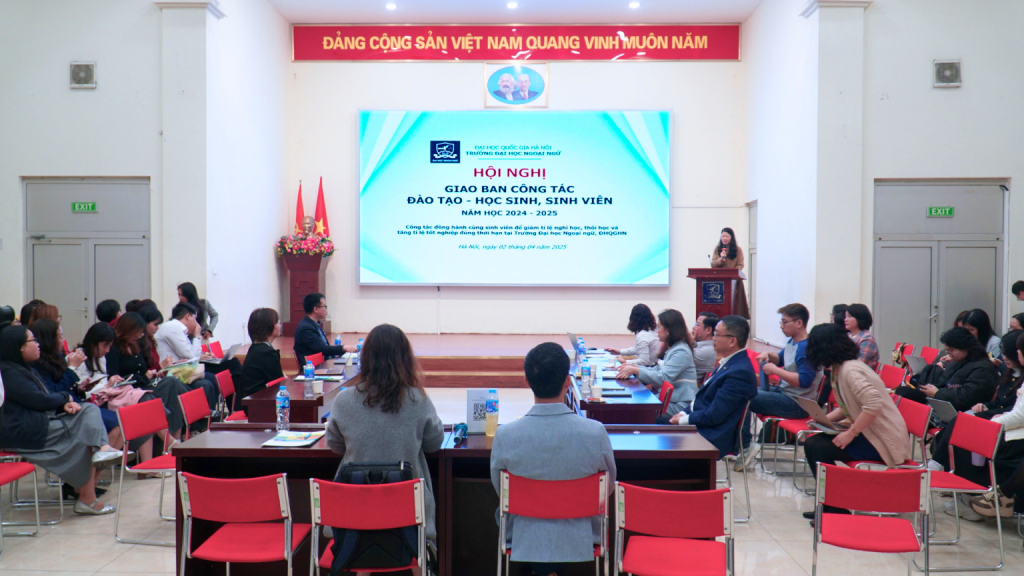
Attending the conference were the University’s leadership team; representatives from the Youth Union – Student Association; leaders and specialists in charge of the Office of Academic Affairs & Student Services; class advisor teams, homeroom teachers, and office staff from both the Regular Training and International Cooperation Faculties; as well as representatives from the University Management Office, Human Resources Office, Quality Assurance Office, along with other designated personnel.
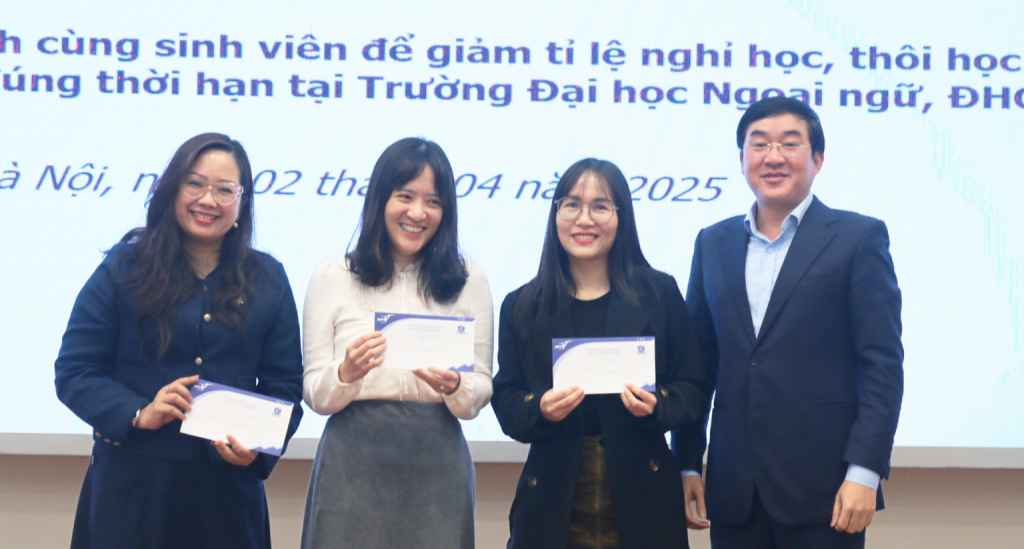
During the opening remarks, Rector Nguyen Xuan Long emphasized the necessity of accompanying and supporting students to reduce dropout and absenteeism and to enhance the rate of on-time graduation at the University of Languages and International Studies. He called upon all members of the University to unite and work hard toward achieving this goal while further improving the effectiveness of the school’s academic and student support efforts.
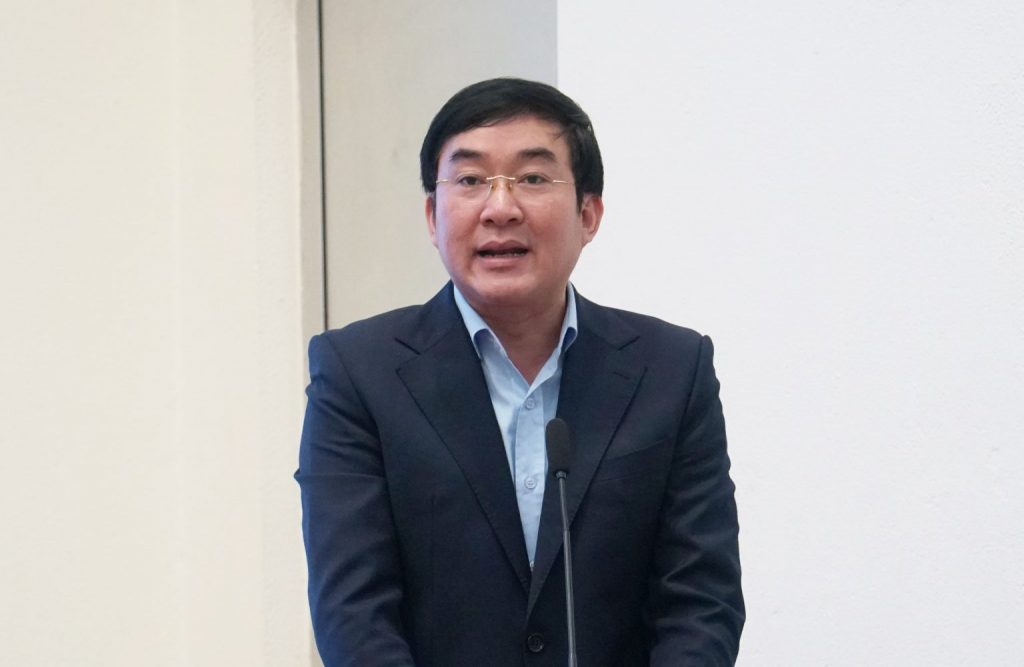
The first report, titled “Report on Student Accompaniment Activities to Reduce Dropout, Absenteeism and Increase On-Time Graduation at the University,” was presented by Deputy Head of the Office of Academic Affairs & Student Services, Nguyen Quynh Hoa. In her report, she provided a comprehensive overview of the reasons why many students drop out, including pursuing studies abroad, financial difficulties, undertaking internships overseas, and a mismatch between the chosen field of study and the students’ interests. The report also outlined specific directions and suggested measures such as targeting admissions toward the right candidates, establishing supportive scholarship funds, and adjusting the English language proficiency output standards in order to resolve these challenges and further enhance the quality of training in the coming academic year.
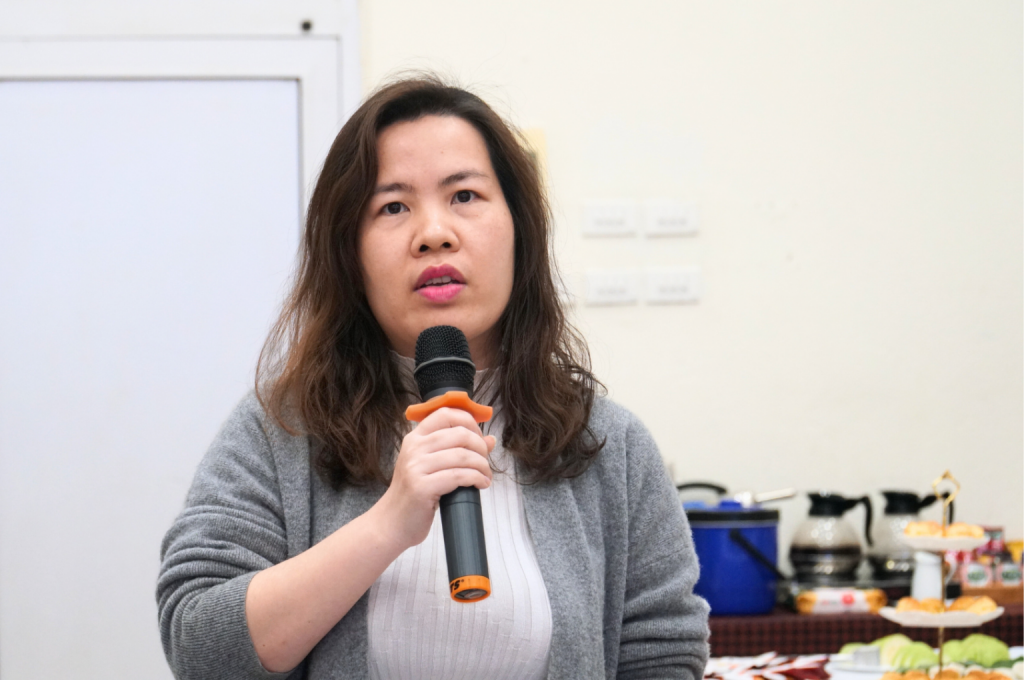
Following that, Deputy Head of the Department of Japanese Language and Culture, Tran Thi Minh Phuong, reported on her department’s student accompaniment activities. Dr. Phuong proposed several solutions to ongoing issues, such as ensuring that enrollment counseling reaches truly interested candidates and that homeroom teachers and class staff closely monitor first-year students to help them build a lasting passion for the language of their choice. For second- and third-year students, she stressed the importance of clearly defining specializations and outlining career paths after graduation. Additionally, she recommended developing specialized training programs, organizing focused practical sessions and experiential activities for each orientation, drawing up long-term plans for each academic stream, and even considering new directions based on the department’s strengths and real needs.
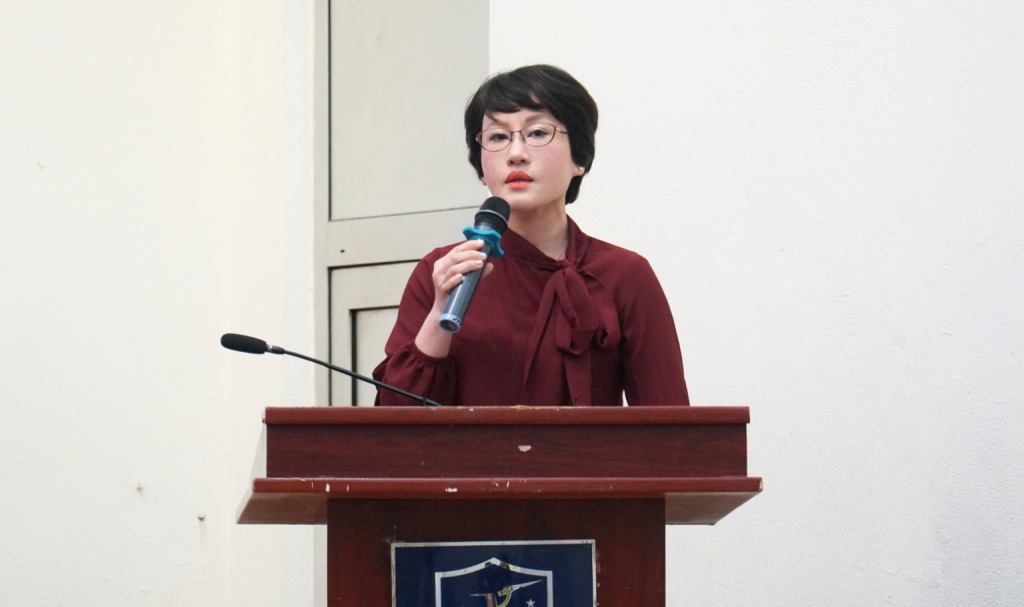
Similarly, Deputy Head of the Department of English Language and Culture, Nguyen Thi Hong Nhung, presented detailed statistical data on her department’s students and the accompanying activities. Her presentation highlighted the various initiatives undertaken by the department to support students who showed no intention of dropping out.
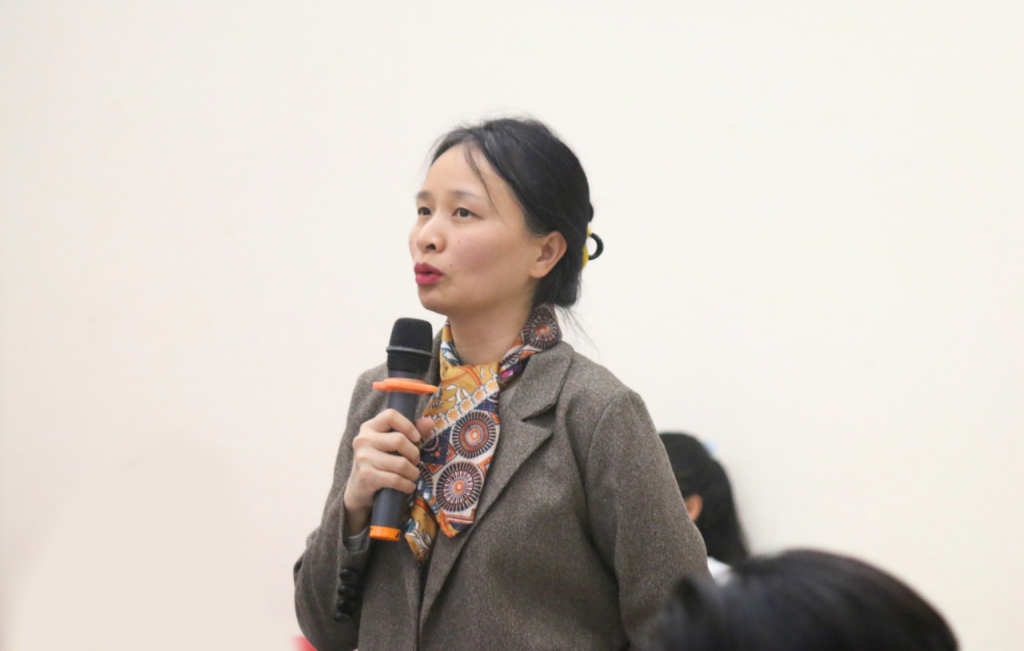
In the session where different training divisions shared their experiences, Deputy Head of the International Education Department, Do Tuan Long, offered constructive insights on his department’s actual situation, supported by vivid examples. His presentation provided a comprehensive perspective and proposed improvements for the academic and student support work in the upcoming academic year.
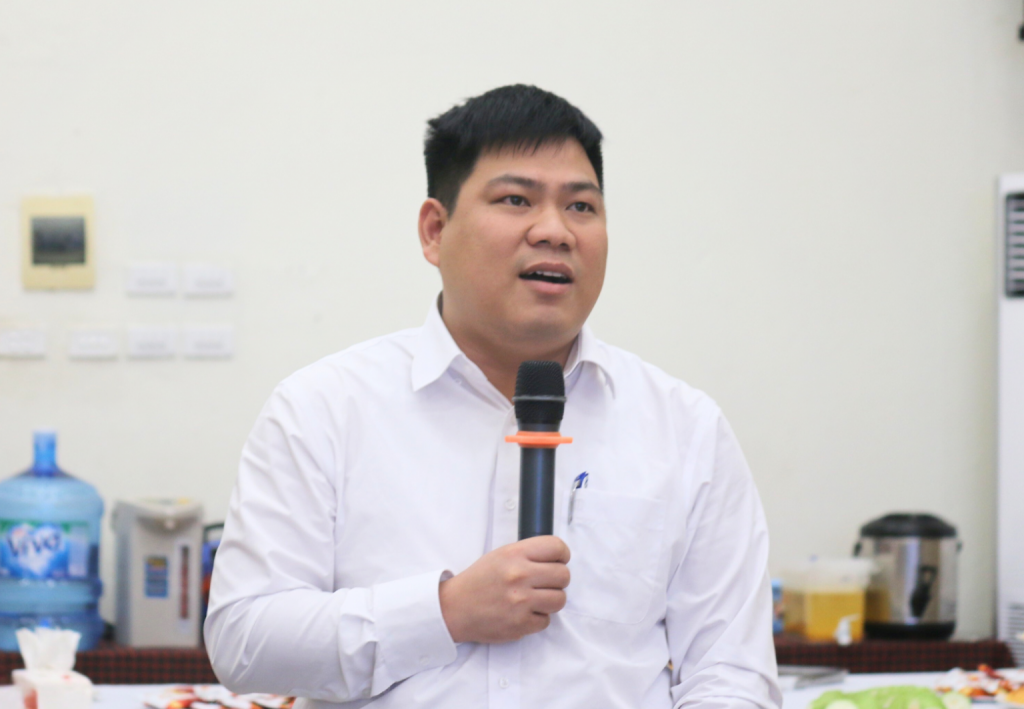
Playing her role as a class advisor, teacher Do Thu Lan shared her views under the topic “The Role of Class Advisors in Accompanying and Supporting Students.” Her report, enriched with practical examples, illustrated the significant impact that class advisors have on first-year students, helping to boost their motivation to study.
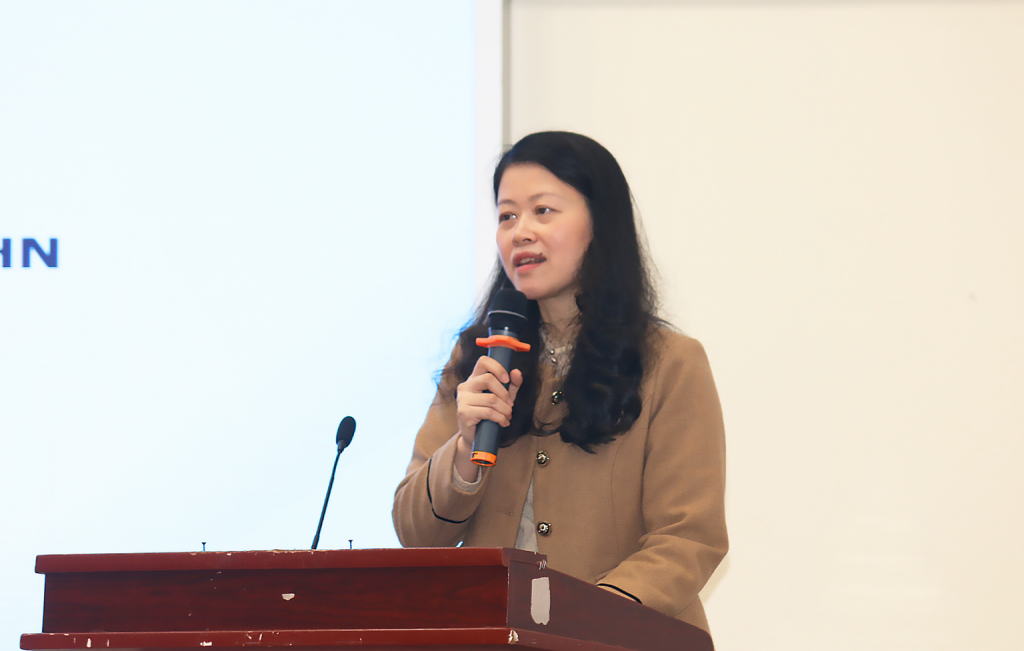
During the discussion phase, numerous constructive opinions were exchanged among the faculty, all aimed at reducing the rates of absenteeism and dropout while increasing the on-time graduation rate at the University.
To conclude the event, Vice-Rector Ha Le Kim Anh summarized the key points of the conference and underscored the importance of continued cooperation and the sharing of knowledge and experience among various divisions within the University. She also addressed several questions raised by the lecturers and expressed her sincere gratitude to all those who participated and contributed to the success of the conference.
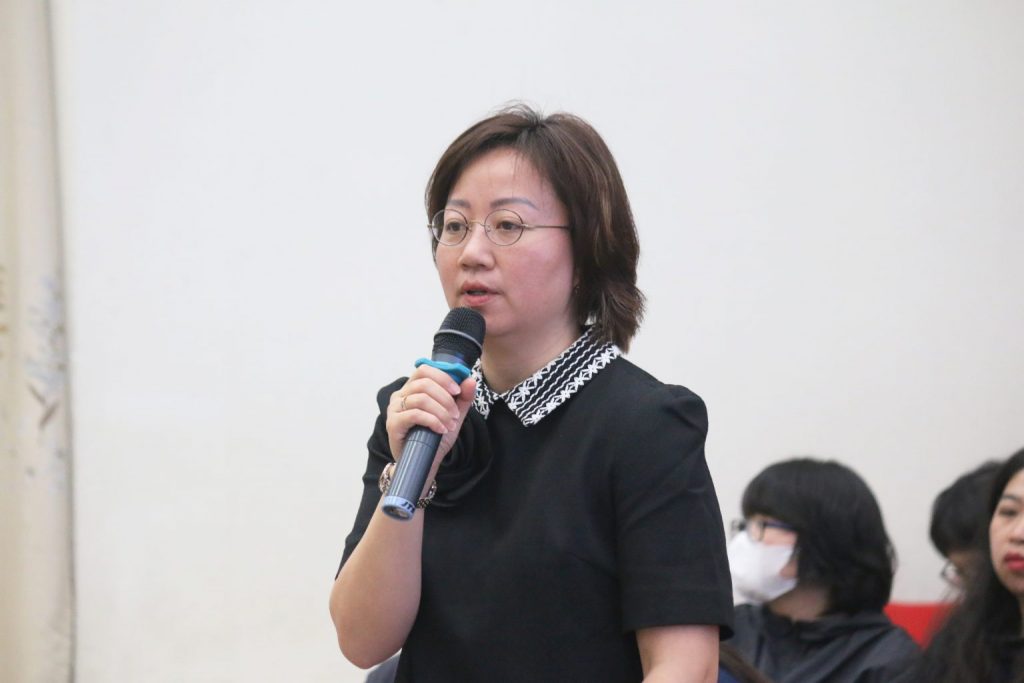
Chairman of the University Council, Do Tuan Minh, also highly praised the reports and suggestions from the attending faculty. Emphasizing the pivotal role of student accompaniment in reducing dropout and absenteeism and in increasing the on-time graduation rate amid today’s competitive educational landscape, Dr. Minh expressed confidence that, with active participation from all units and staff—from leaders to lecturers and support personnel—this initiative will yield significant achievements in the near future.
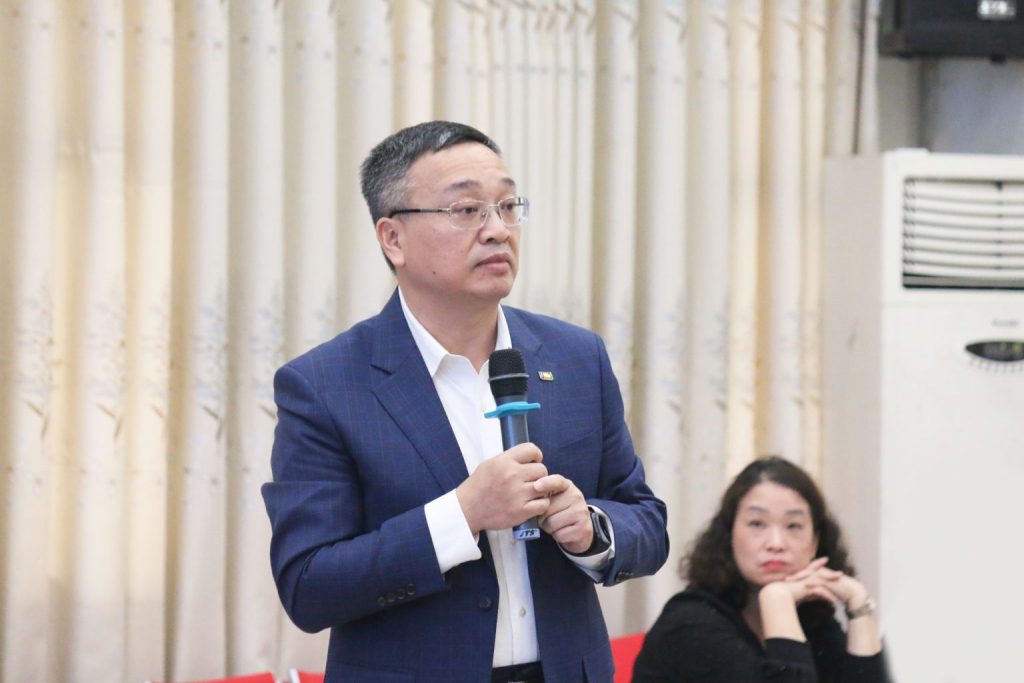
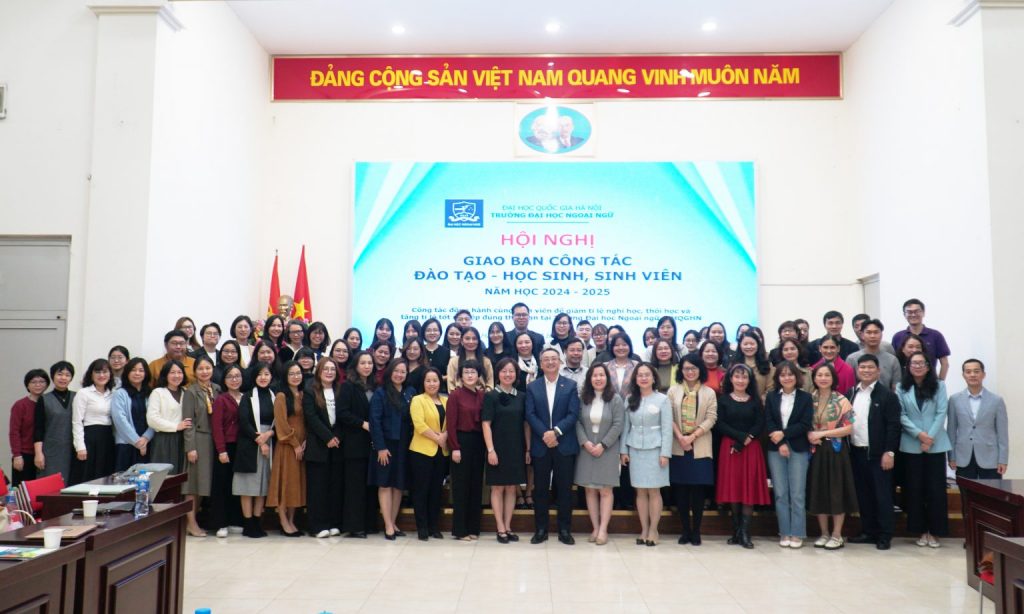
Thảo

